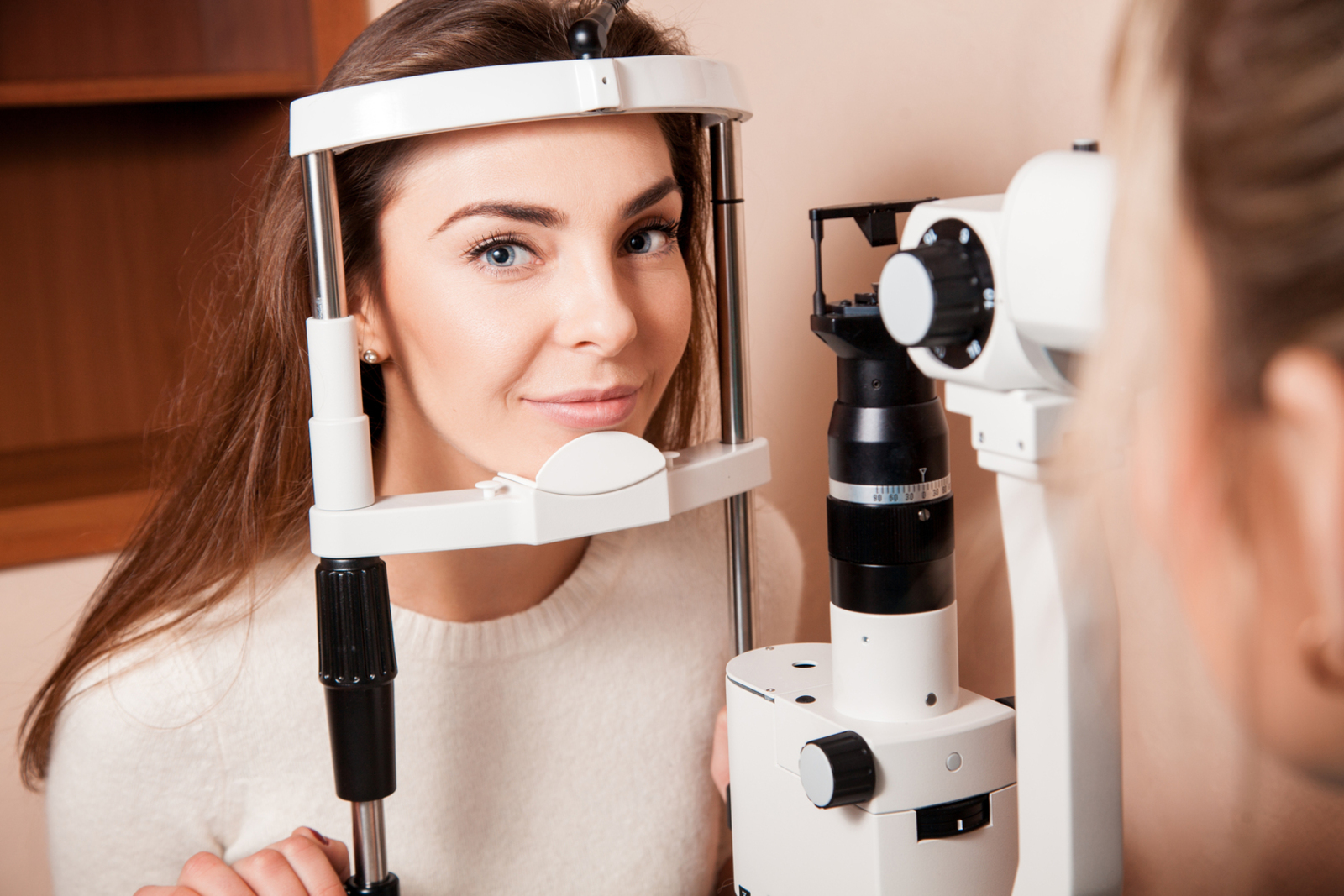
4 Benefits That are not Covered by Medicare:
Medicare Mistakes to Avoid
Medicare is a government-run health insurance program that provides coverage for Americans who are 65 and older or have a disability. While Medicare covers a lot of medical expenses, there are certain things that it doesn’t cover—like cosmetic procedures, outpatient prescription drugs, and many new treatments and alternative treatments for chronic conditions, like cancer. Many policyholders choose additional coverage from well-known providers like AARP, UnitedHealthcare, Humana, Cigna, Aetna, Blue Cross Blue Shield, Kaiser Permanente, and Mutual of Omaha to fill the gaps left by standard health plans. Secondary or dual insurance — where one plan acts as primary and another provides backup coverage — can help reduce out-of-pocket costs such as deductibles, co-pays, and services not included in the main plan. These supplemental options often extend to benefits like dental, vision, hearing, and long-term care, offering added financial protection and peace of mind when unexpected expenses arise.
Even with these added protections, it’s essential to understand exactly what Medicare itself doesn’t include to avoid costly surprises later.
Here are things that Medicare doesn’t cover:
1. Cosmetic surgery
In the case of accidental injury or a surgery being required after a former treatment—breast reconstruction after a mastectomy, for instance—medicare will cover the costs of the procedure. However, if the cosmetic surgery is not believed to be medically necessary—as is usually the case with procedures like breast augmentation, facelifts, liposuction, and dermabrasion—then it will very likely not be covered by medicare.
2. Hearing aids
While this one is surprising, medicare doesn’t cover hearing aids. Unfortunately, this means that many individuals go without proper support and equipment for their hearing difficulties. However, a hearing care program is offered by AARP for its members. Additionally, in 2017, Congress passed legislation allowing for the sale of some hearing aids over the counter without the requirement of a prescription. Finally, the Hearing Loss Association of America provides helpful information about available assistance programs in each state for hearing aids.
3. Vision and dental care
Unfortunately, limited coverage is provided by medicare when it comes to vision and dental care. Routine dental cleanings, cosmetic dental procedures, and eye examinations for contact lenses or prescription glasses are all examples of what is often uncovered or might only have limited coverage. However, ophthalmologic expenses—cataract surgery, for example—are covered by medicare. If you’re an individual who has higher expenses in the areas of vision or dental care, additional insurance plans might be beneficial to look into.
4. Podiatry
Although slightly random compared to the others on this list, routine medical care involving feet in specific—also known as podiatry—is not covered by medicare. These routine procedures include things like callus removal, and—if needed—it may be beneficial to set up a separate savings program for them. However, there’s good news: if related to nerve damage resulting from diabetes, or if a foot injury like heel spurs or hammertoe is present, then medicare will cover these costs.
If you’re concerned whether or not Medicare covers Dexcom G7, it does – but only for people living with diabetes who are on any type of insulin. Additionally, if you are not on insulin, but experience low blood glucose events, you will qualify for coverage on the Dexcom G7. Be sure to speak to your healthcare provider before purchasing Medicare to see if it is right for you.


